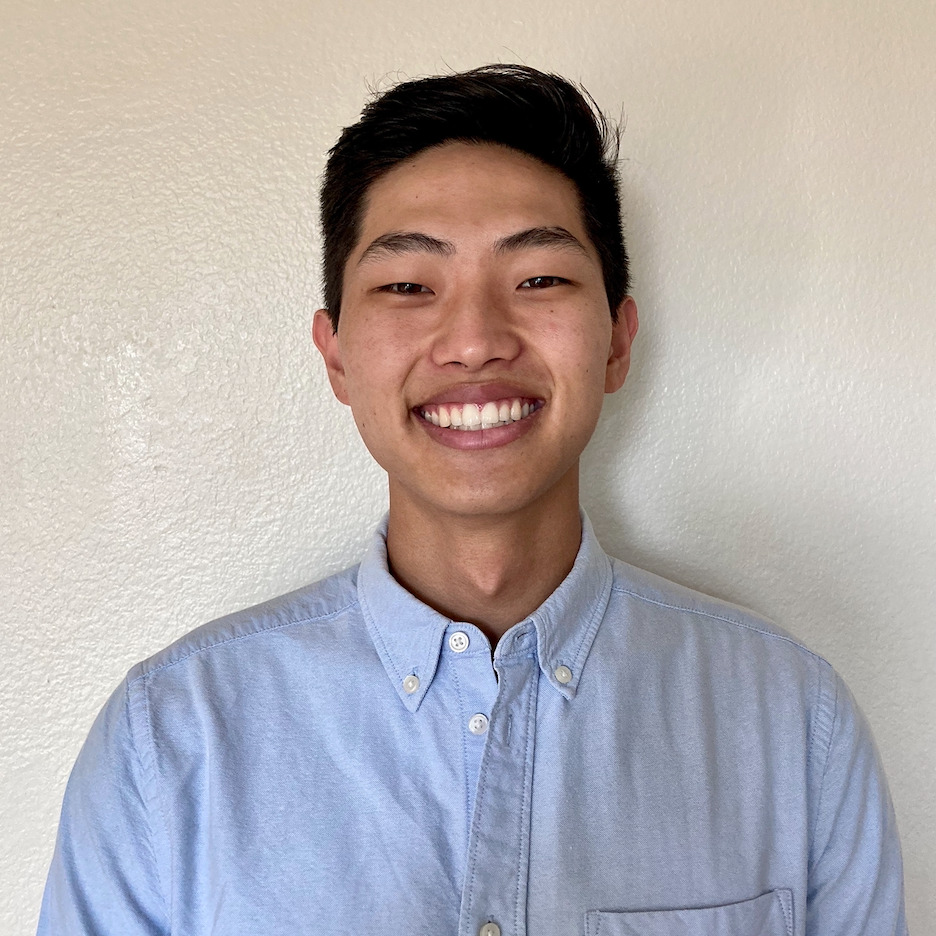“Sometimes you focus on wanting to get to a destination and don’t realize how much progress you’ve made—it’s okay to not be where you want to be yet! The process takes time and everyone has their own way to figure it out. Don’t be so harsh on yourself.”
Lorward is faith-oriented, a dedicated friend, and a writer. He also experienced sexual violence during his first year of college. Lorward found himself in an especially vulnerable state during his time at a private Christian college. For the first time in his life, he found himself struggling with the financial burden of college, and the physical demands of being a student athlete, all while being across the country from his family and support system.
“I had such a hard time at college already; I was the only Asian kid on campus, I experienced racism, I was always financially short and exhausted.”
While going through these difficulties and adjustments, Lorward found himself being groomed for abuse by someone he trusted.

“It’s important for people to recognize when they’re being groomed. Something is up with this person, they’re trying to get more from this friendship. If someone is paying a lot of attention to you, being generous, you might think they’re a great friend. But unfortunately, there are people out there who have ulterior motives.”
At first, Lorward was hesitant to disclose his experience, but he felt it was important to share his story in order to begin healing. Although talking about his experience was difficult, he knew that the pain he experienced would grow larger if he couldn’t share it with those who could support him. He believed healing was possible, and disclosing the experience was a step in the right direction for him.
“When I told my friends, I was so scared. I thought they’d call me an idiot. When I told them, it was a glimmer of light that things could be different. They were positive, affirming, and said it wasn’t my fault.”
Even after receiving support from his friends, Lorward struggled with disclosing to his family. His parents already knew he was having a difficult time at college and he worried it would break their hearts to know what he’d experienced.
“When I told my parents, my dad cried for the first time in my life. Both of them were so unbelievably supportive.”
Having support and affirmation from his family and friends was an important step in the healing process for Lorward. Like many other survivors, Lorward often felt alone because of what he experienced, but the positivity and love he received after disclosing helped him cope with negative thoughts.
“Anyone who is willing to come alongside you and sit next to you in solidarity and tell you that this experience does not make you less worthy of an individual is incredible. It’s so important to have some version of support.”
Lorward has also found support and healing by writing a blog detailing his experiences with sexual assault during college. Being able to write down the details of his experience gave him the space to share his story with the world on his own terms, and on his own timeline.
Being a male survivor made Lorward hesitant to come forward about his experience with sexual assault because he feared being perceived as weak or less of a man. However, the night that he released his blog, another male survivor reached out to him, expressing the same pressure to hide emotion and act in a typical masculine fashion. Sharing their stories helped Lorward feel that speaking out about this not only could help in his own healing, but help other male survivors feel less alone.